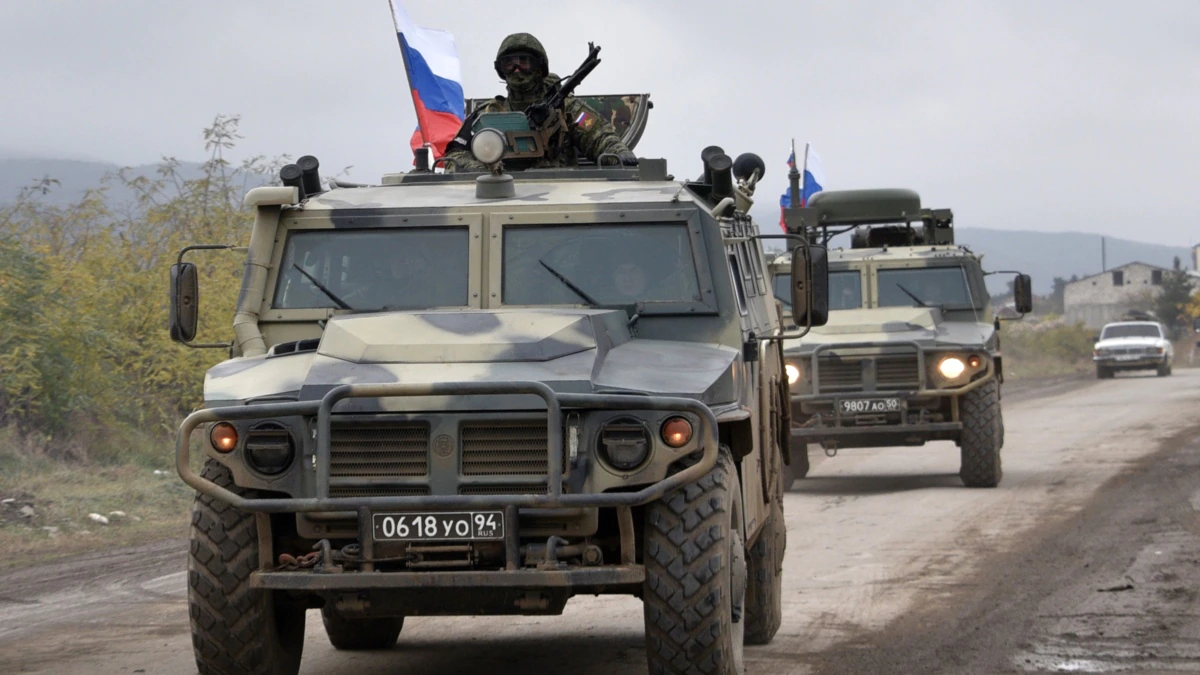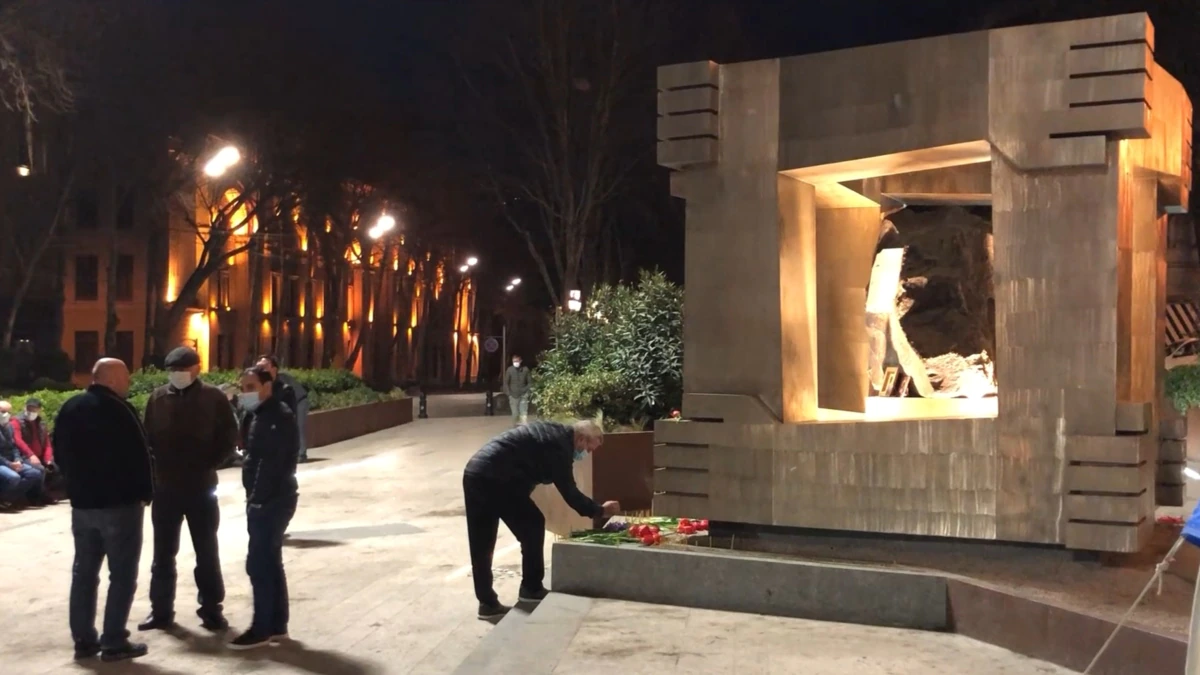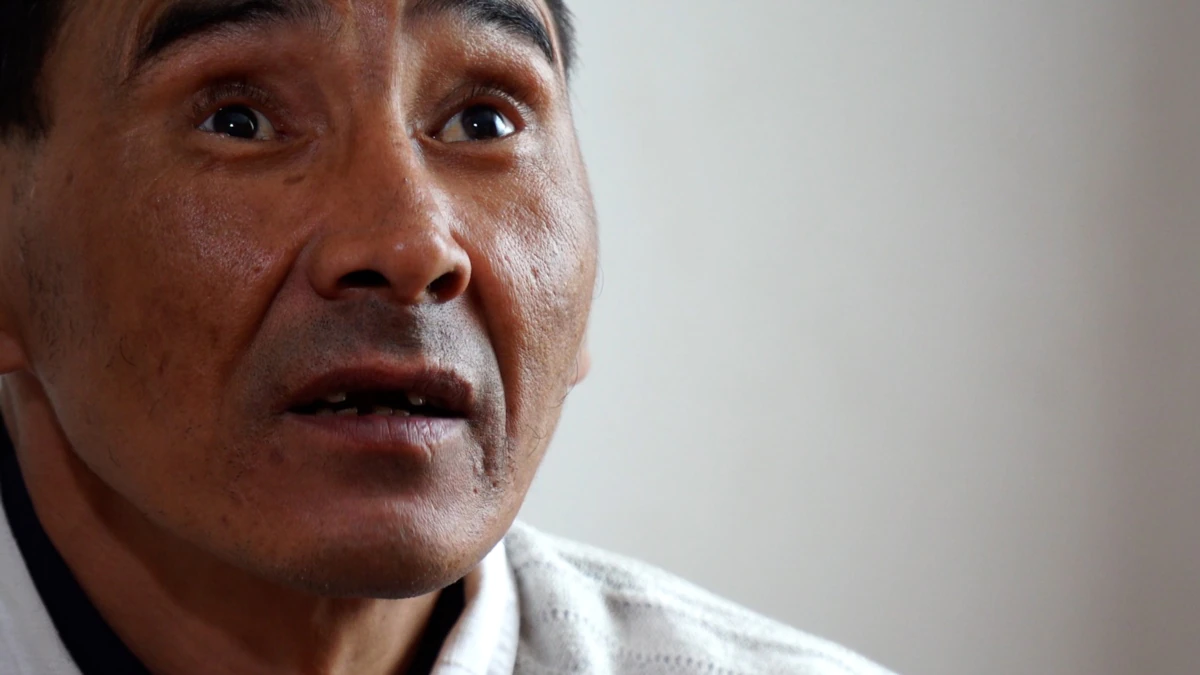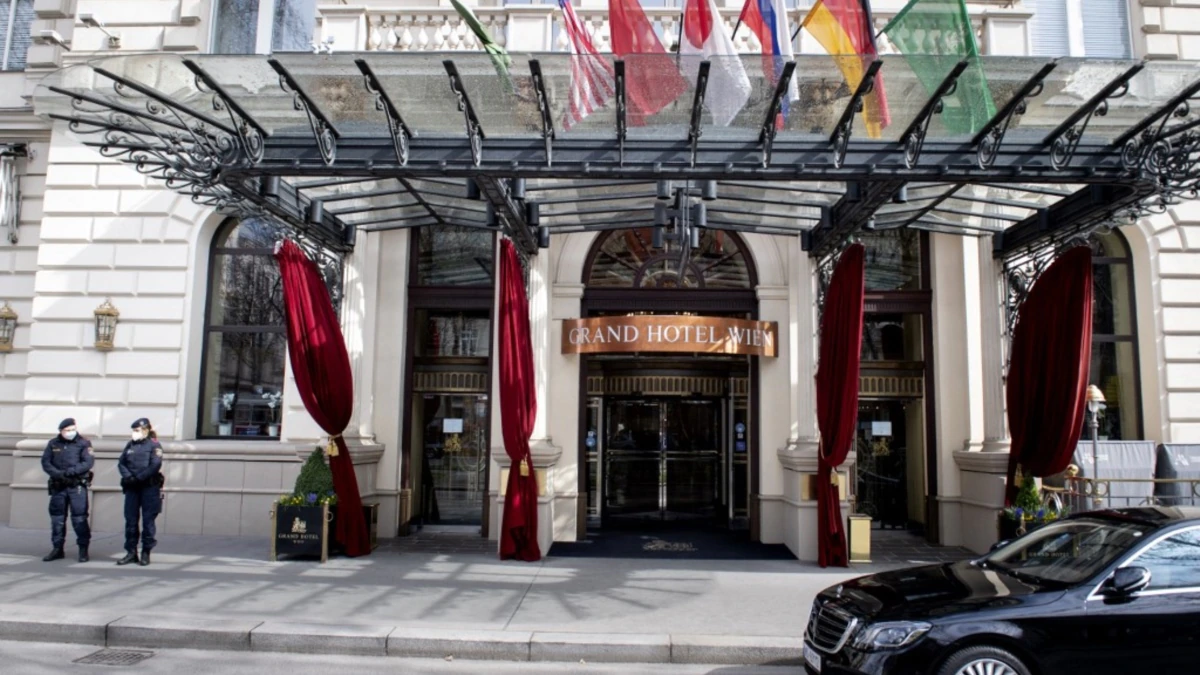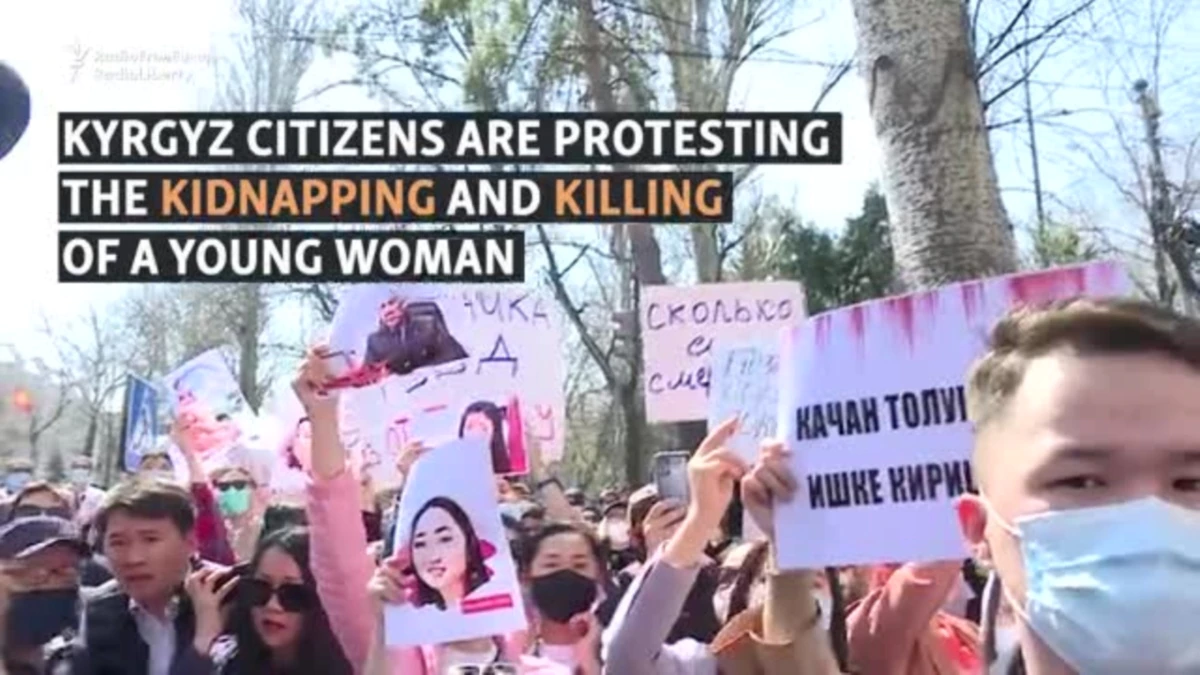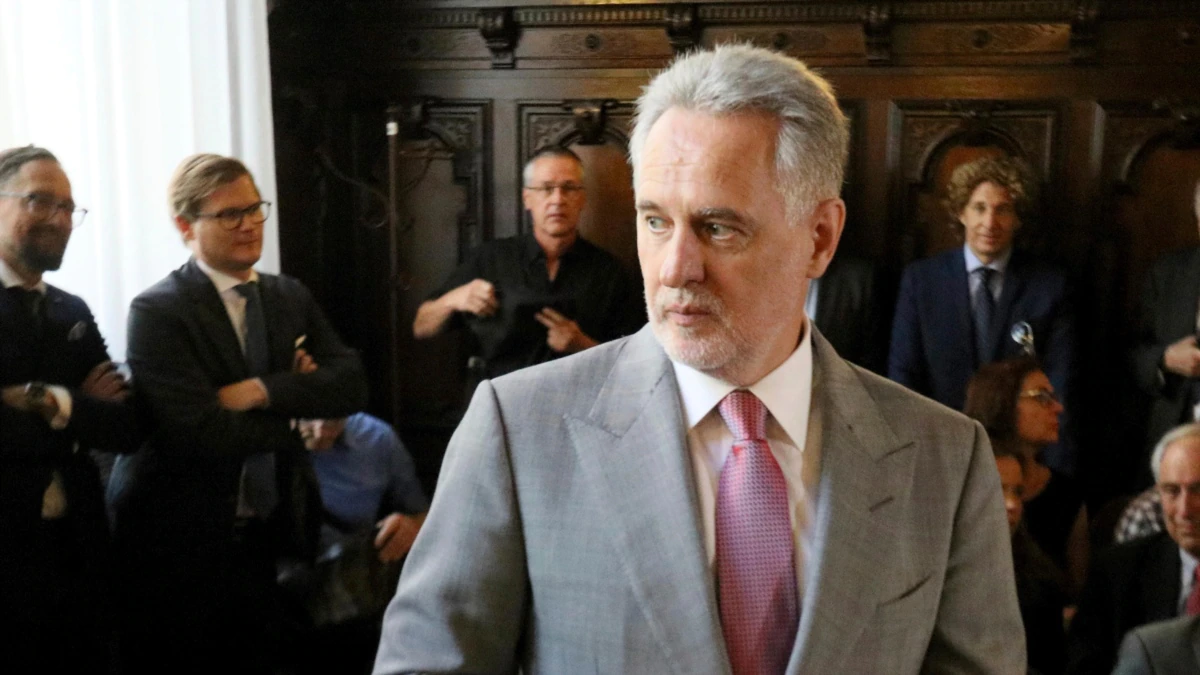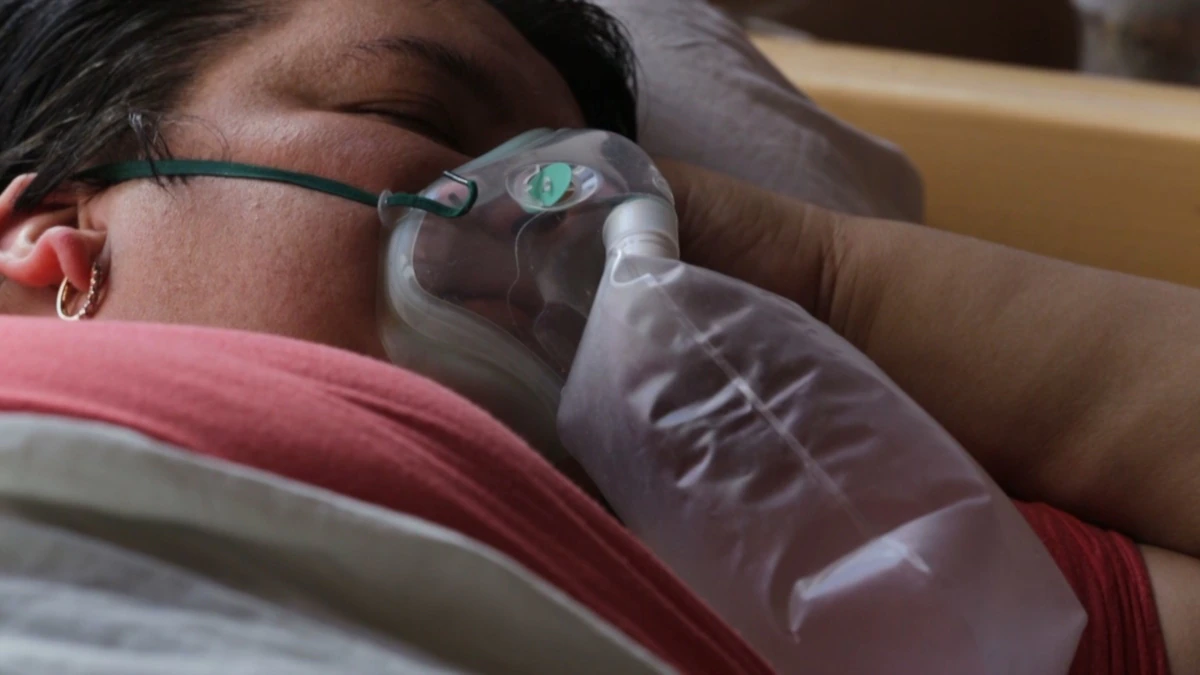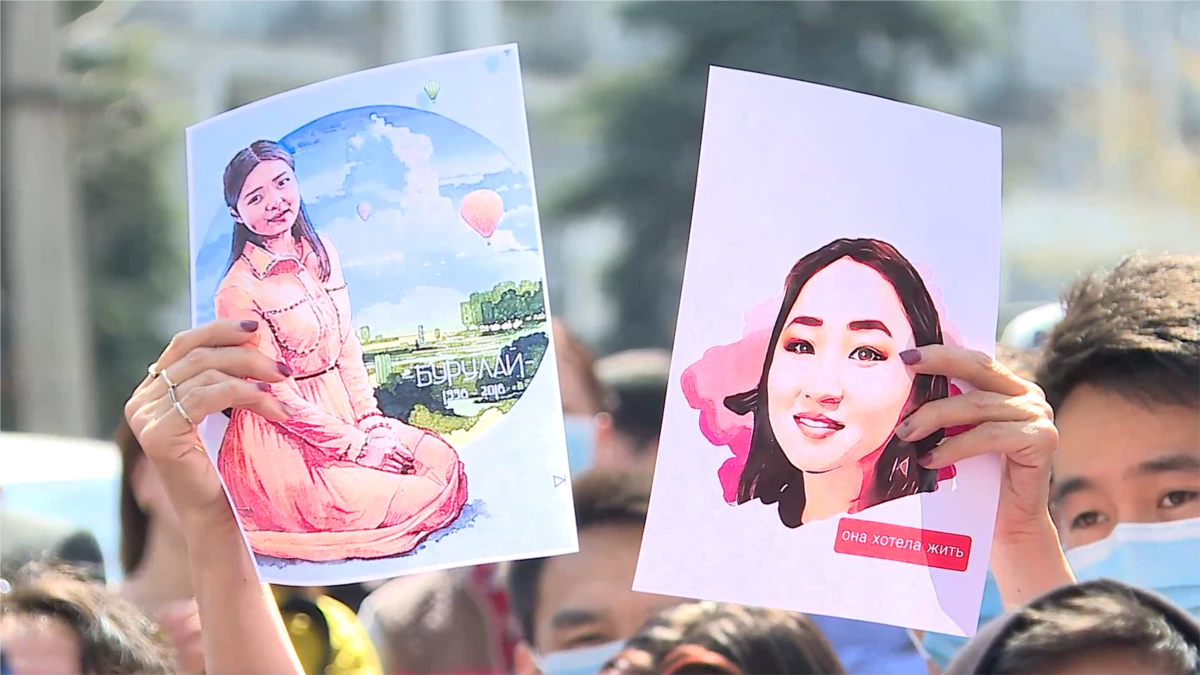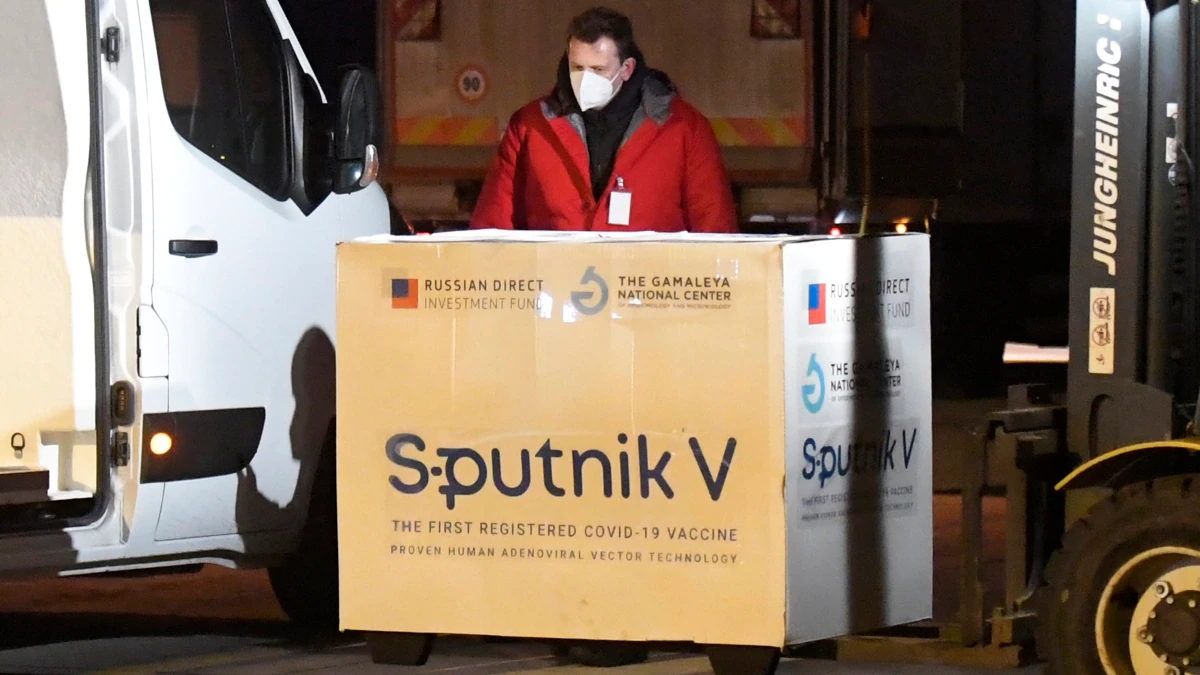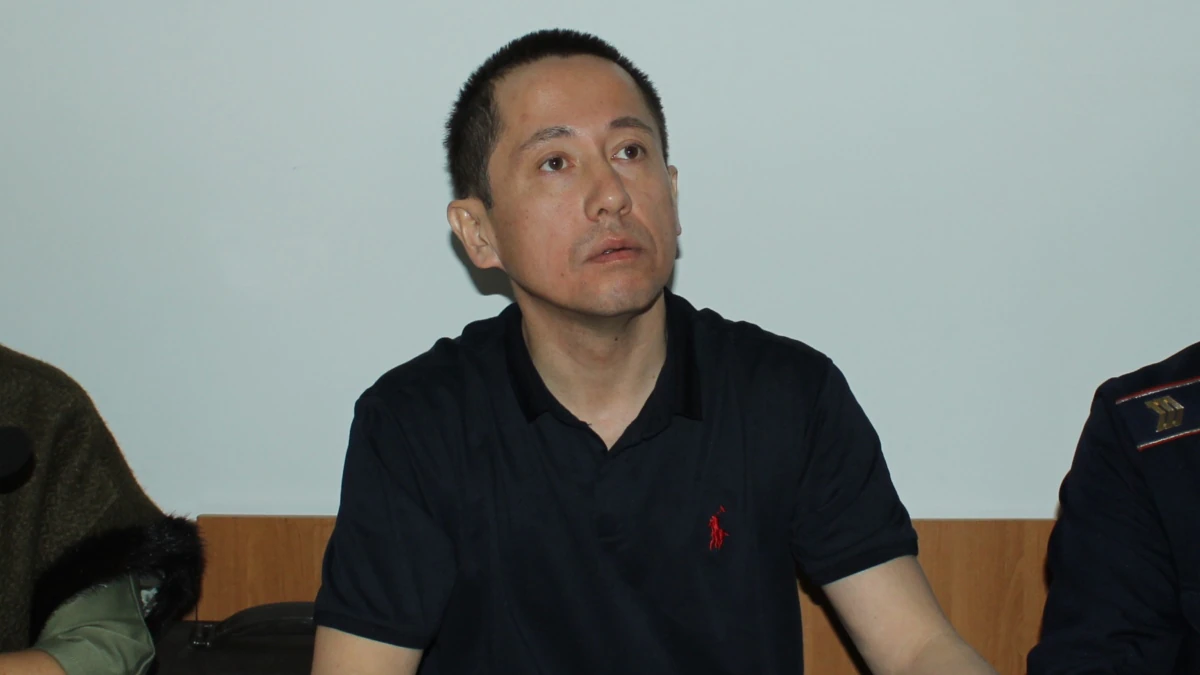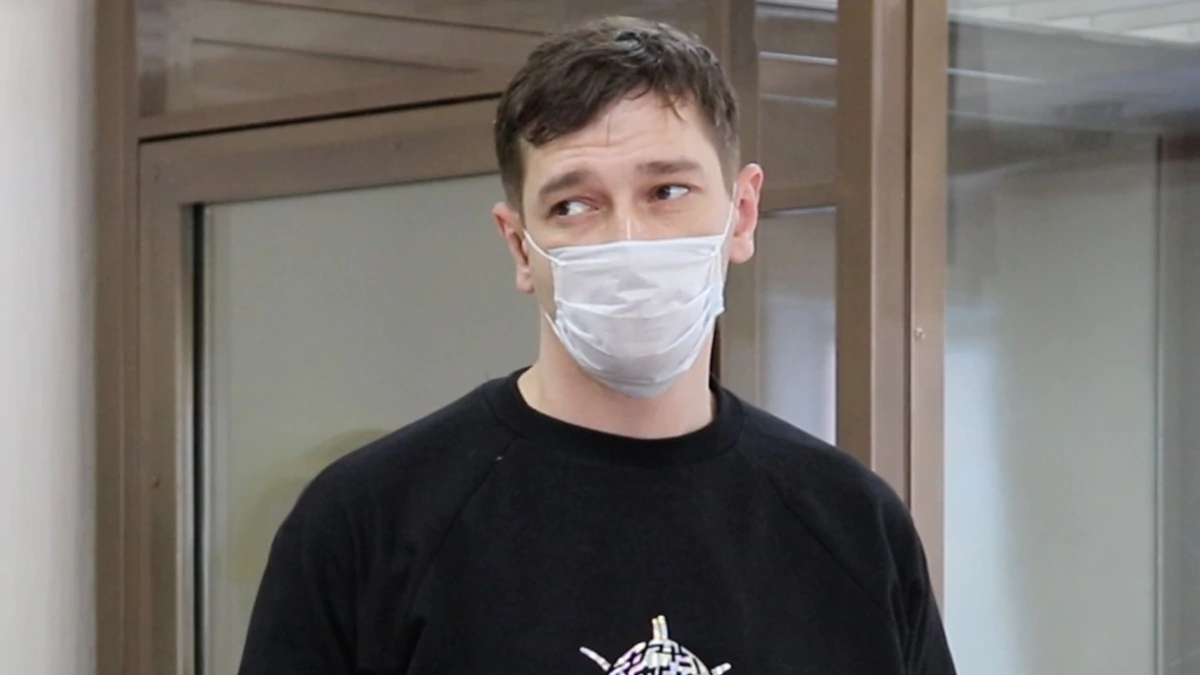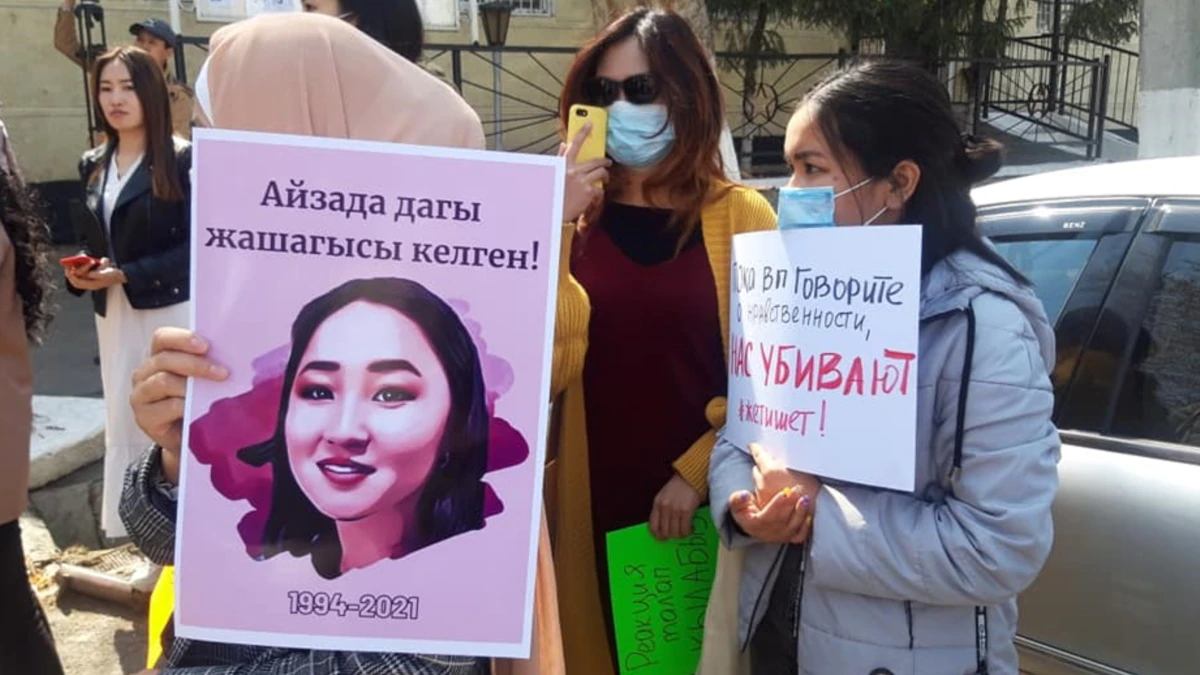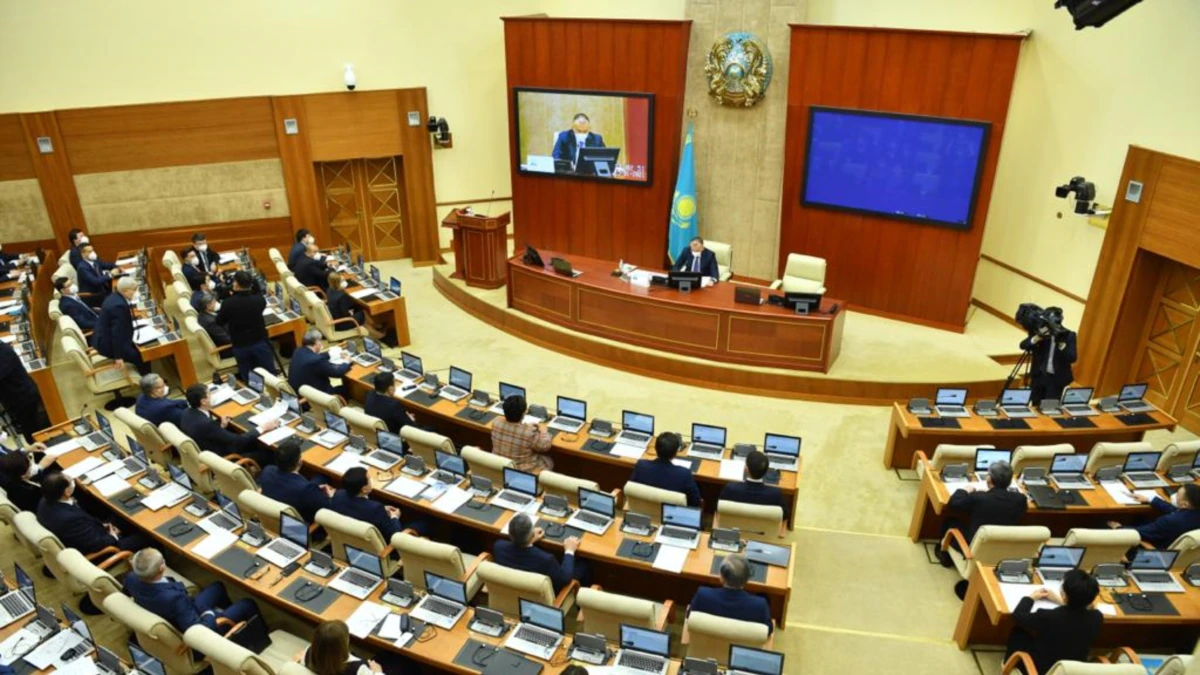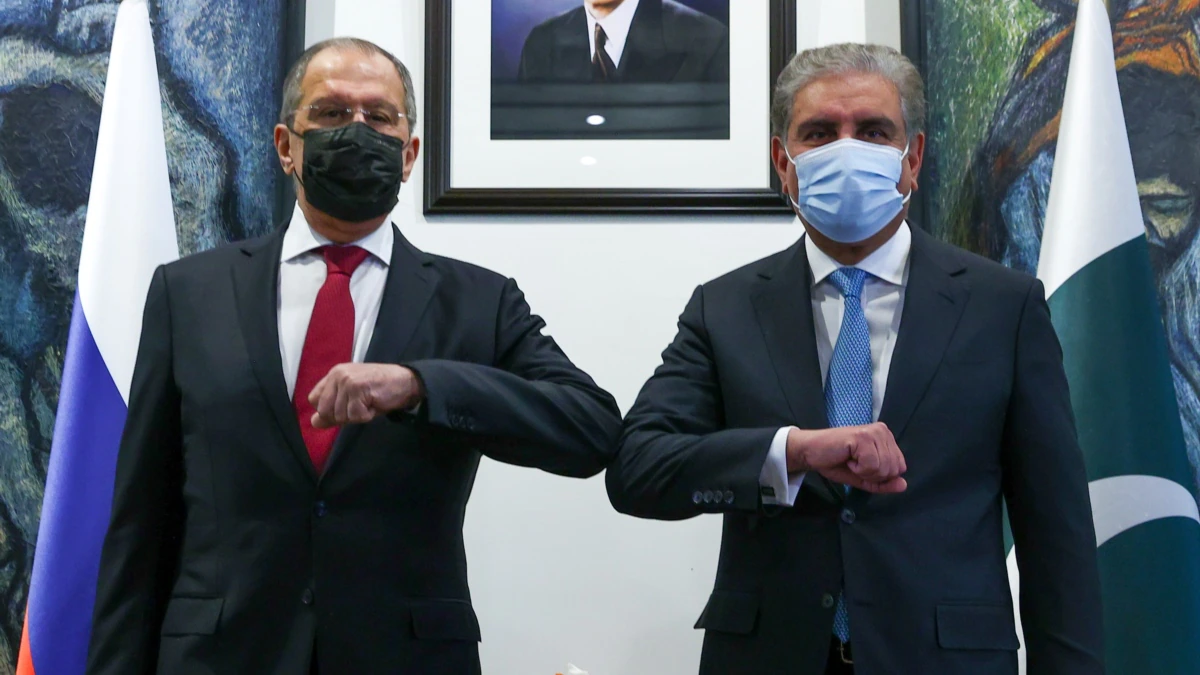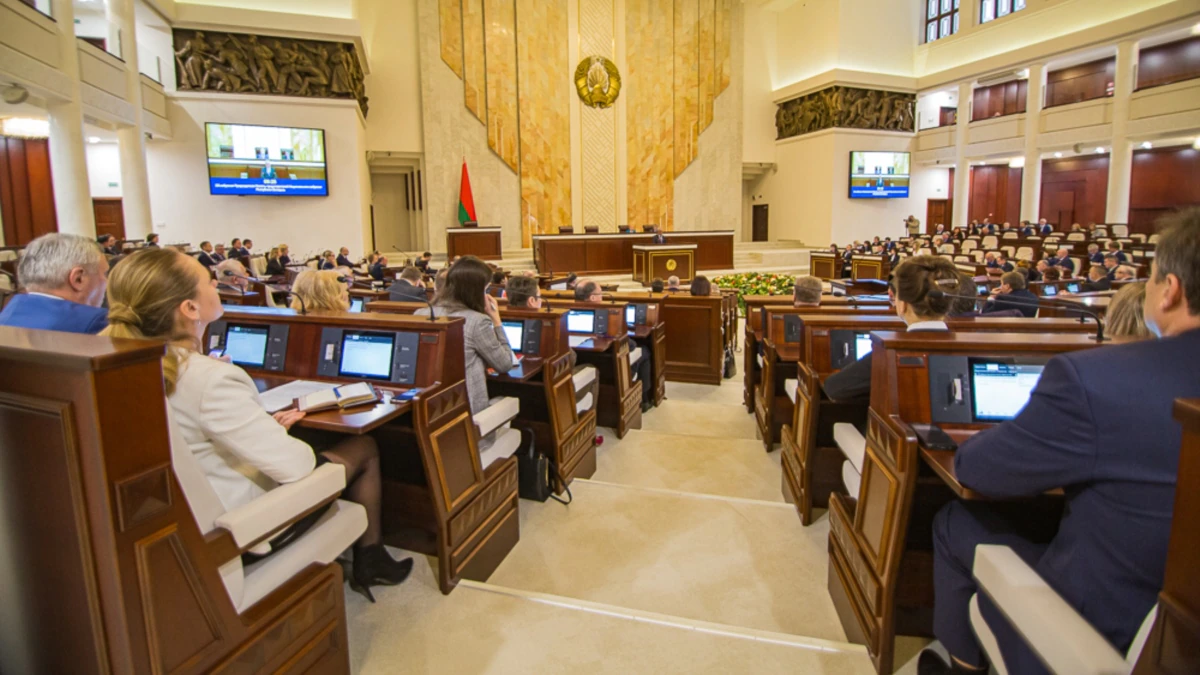
MINSK — Belarusian lawmakers have approved several amendments to legislation that severely restricts civil rights and the free flow of information amid a crackdown on protests challenging the official results of a presidential election that handed authoritarian ruler Alyaksandr Lukashenka his sixth consecutive term.
The texts of the controversial amendments to the laws on extremism and mass media — which come amid an ongoing crackdown on opposition groups who have said a presidential election last August was rigged in favor of Lukashenka — were approved in the first reading on April 2 and placed on the official website for legal documents on April 9, marking the first time much of the information has been made public.
According to the amendments, any activities by individuals, political parties, or domestic or international organizations defined as damaging independence, territorial integrity, sovereignty, the basis of the constitutional order, and public safety will be considered “extremist.”
In the wake of the August vote, thousands of Belarusians have taken to the streets in what has become the largest and most persistent show of opposition to Lukashenka over the nearly three decades he has held power.
More than 33,000 people have been arrested for participating in the demonstrations. Many have been beaten by police, while some have said they were tortured while in custody.
The European Union, the United States, and other nations have refused to recognize the declared results of the election.
Several Western nations, as well as the European Union, have slapped sanctions on Lukashenka and other senior Belarusian officials and the new amendments are likely to spark an outcry for further sanctions.
If approved and signed into law, the amendments would ban individual lawyers and private firms from defending people in some criminal and administrative cases. Most of the lawyers who work with Belarusian journalist associations and have defended RFE/RL reporters in recent months have already been stripped of their licenses.
The amendments also state that along with the violent seizure of power, the creation of illegal armed groups, and terrorist activities, the following actions will be considered as extremist activities: the distribution of false information; insulting an official; discrediting the state and governing organs; impeding the activities of the Central Election Commission and other state organs; the active participation and organization of events of so-called mass disorder; and making calls to take part in unsanctioned public events or financially supporting such events.
One passage of the amendments states that any materials propagating unsanctioned public events that can be read, sung, or shown will be considered “extremist symbols.” That includes portraits of anyone who was legally found to be an “extremist.”
Amendments to the law on media will allow authorities to shut down media outlets after two written warnings regarding their activities during one year if the activities of such media outlets impose a “threat to the country’s national security.”
The amendments also mandate that state bodies can limit access to online publications if the Information Ministry finds that materials of such publications carry information banned for distribution, owners or editors of such online resources were warned at least twice during one year, or the refusal to follow requests by officials to fix violations of the law on media. It does not clearly specify whether the time period refers to a calendar year or one year from when the first warning is given.
Belarusian state media reported earlier this week that lawmakers also approved amendments to the Criminal Code and laws on public assembly, state security, and the Internet, the full texts of which have not been made public yet.
Another amendment would make it mandatory to obtain preliminary permission from local authorities before holding public events, instead of preliminary notification to the authorities. Also, it would be illegal for media and social-network users to publish information about the dates, sites, and times of such public events. Also, live coverage of unsanctioned events would be illegal, thus making journalists at such events as equally responsible for violating the regulations as the participants and organizers would be.
The amendments would also allow prosecutors to limit access to Internet publications that “distribute information that can damage the national interests of Belarus.”
Amendments to six existing laws dealing with extremism would give law enforcement officers the right to use firearms at their own discretion without waiting for a command from supervisors. Police would also be allowed to ban taking photos, recording events on video. They would also be allowed to collect personal data of social-network users without court decisions or prosecutors’ warrants.
Police would also be given the right to create lists of individuals they feel are inclined to participate in extremist activities. Once on such a list, a person would be banned from certain activities, including journalism, publishing, teaching, while their financial activities would be put under surveillance.
The amendments also allow the central bank to monitor cash withdrawals through foreign-issued debit cards and limit such withdrawals, as well as to freeze the bank accounts of “suspicious individuals.”
With reporting by BelTA
This post was originally published on Radio Free.



